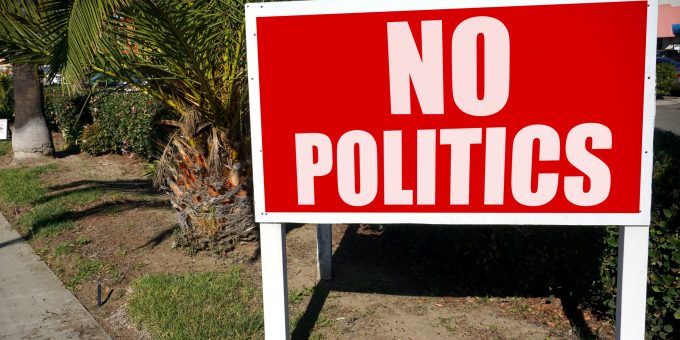
iStockPhoto.com // smodj
unplugging from politics
Have working-class young adults inherited their parents’ politics? The 2016 election put a spotlight on working-class resentment as a driving force behind Donald Trump’s victory. But a new study by Jennifer M. Silva finds a different trend among the next generation of working-class adults: disengagement. So, what changed?
Drawing from interviews with 73 working-class young adults in a declining Pennsylvania coal town, Silva locates the root of her respondents’ disengagement in the decline of social institutions and roles that once facilitated political engagement. Lacking external sources of direction, meaning, and connection, the young adults in Silva’s study managed their suffering and made sense of their place in an unequal society by constructing narratives of the self in which pain is meaningful, the American dream is a lie, politicians cannot be trusted, and opting out of the political process is therefore not only logical but admirable. The cultural narratives readily available through social media—conspiracy theories and self-help ideologies—served to reinforce their cynicism and isolation. Consequently, the vast majority of Silva’s respondents did not plan to vote in the upcoming election.
Silva’s findings illuminate a departure from the political allegiances of previous generations: rather than fueling support for politicians of any allegiance, resentment appears to have manifested in political withdrawal for these working-class young adults. Young people are at an inflection point, and some have become so alienated that they have given up on the democratic process altogether. The question, as always, is how do we build a civil society that recognizes the worth of all its members and empowers them to participate in order to pursue greater justice, inclusion, and wellbeing for themselves and for others?
Comments 1
mango
January 29, 2024another amazing post –– really great ❤️